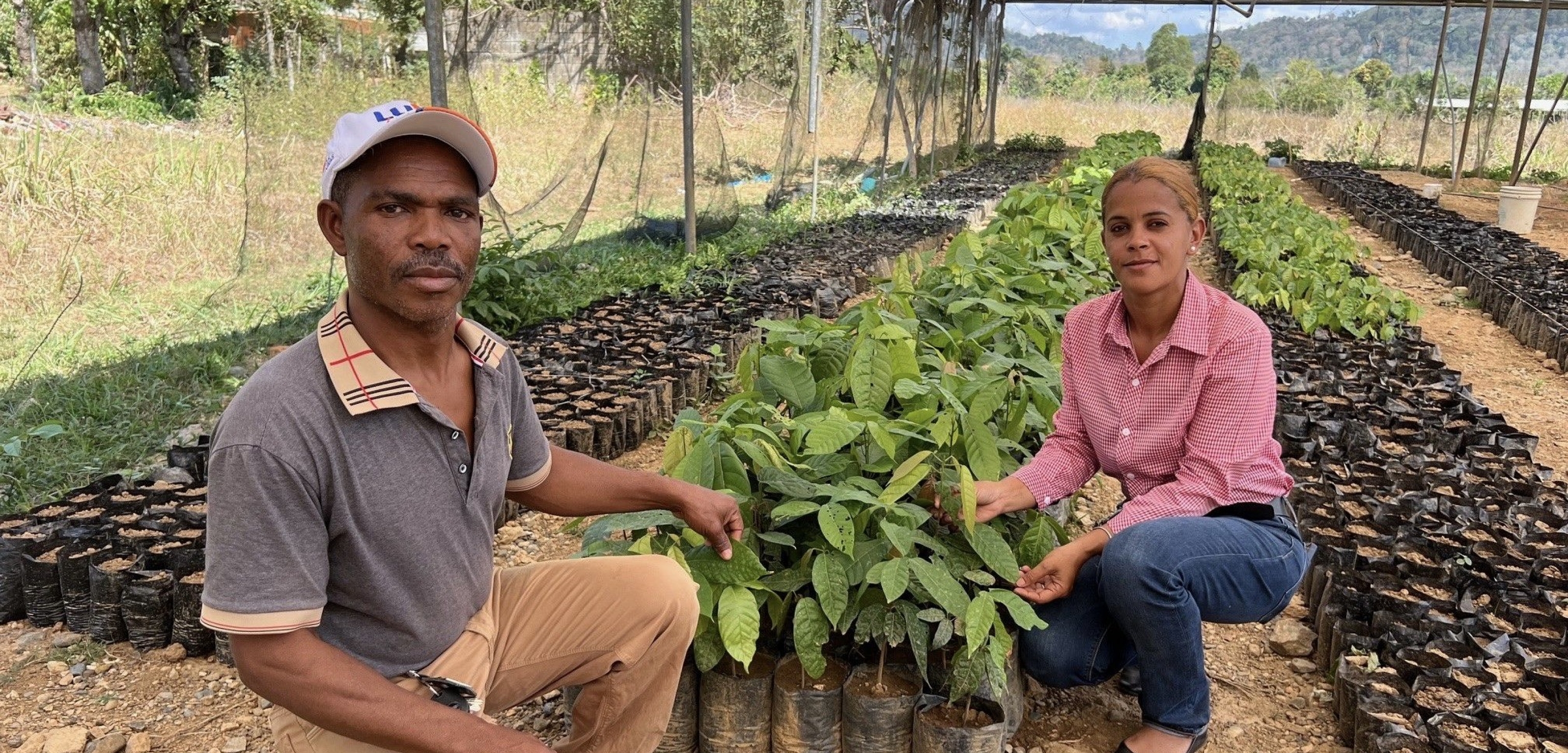Investment Readiness for the Landscape Resilience Fund
Description
The Project seeks to provide technical assistance to adaptation SMEs in the agricultural and forestry sectors in the form of pre-investment support to improve their business case for growth and/or expansion.
One of the biggest challenges faced by impact investors is to find a pipeline of bankable projects. By providing pre-investment support to adaptation SMEs that have a good impact case and potential for growth, South Pole helps them to improve their business case and attract private sector investments in initiatives such as regenerative agriculture, land conservation, and diversification of income, among others. In this manner, the project unlocks private investment into climate adaptation and resilience, which is heavily underfunded.
The selected SMEs may receive support through a grant, South Pole services, external consultants, or a combination of the above. Importantly, when they reach a mutually agreed revenue or fundraising target, they need to transfer a small portion of the resources provided to the Landscape Resilience Fund (foundation) in order for other SMEs or climate resilience projects to benefit from this support.
Among the pre-investment support needs for SMEs, the project has found that: i) most SMEs lack an Environmental and Social Management System that allows them to monitor and manage risks, which is highly appreciated by impact inventors; ii) likewise, most SMEs have not designed an impact framework that identifies their key positive environmental and social impacts and allows them to build a baseline and implement a monitoring mechanism; iii) adaptation SMEs are commonly in need working capital as they want to continue or enhance smallholder farmer engagement though their initiatives which in time-consuming and demanding. Therefore, the project tries to include these activities in the pre-investment work plans with the SMEs.
In terms of learnings, the project has found that: i) some SMEs struggle (have low internal) capacity) to implement the activities established by the work plan for the support provided, so a balance between the goals of the support and the capacity of the SMEs is needed; ii) SMEs in LDCs are commonly at an earlier business stage and require additional support in order to meet the maturity and size requirements of most impact investors, which translates into the need for more philanthropic and/or public-based funding; iii) setting a target for supporting women-led SMEs instead of women-owned SMEs brings a wider perspective of how they can promote positive gender dynamics through their business model; iv) keeping in touch with the existing impact investment networks in the regions is very valuable as they may provide leads and opportunities that don’t fall under their scope but can be interesting for the project, supporting the sourcing process which demand a high effort; v) direct calls are often more effective than applications, offer sheets, pitches, or other documents, to bridge the gap in what people understand when they are asked about resilience and resilience enhancing practices. Personal conversations help convey and understand the real impacts on the ground and the story behind them.
Often businesses such as ours are trapped in a chicken or egg problem of too little capital to develop farmer support programs, but also needing to do so in order to increase local product value for commercially viable sustainable impact. The support we have received from the Landscape Resilience Fund has been instrumental in overcoming this hurdle by accelerating and improving our small farmer support program in an early stage of our business development.
Carolina Kitchen Fabre
Senior Lead, Impact Funds, Climate Investments, South Pole
Website: https://landscaperesiliencefund.org/
